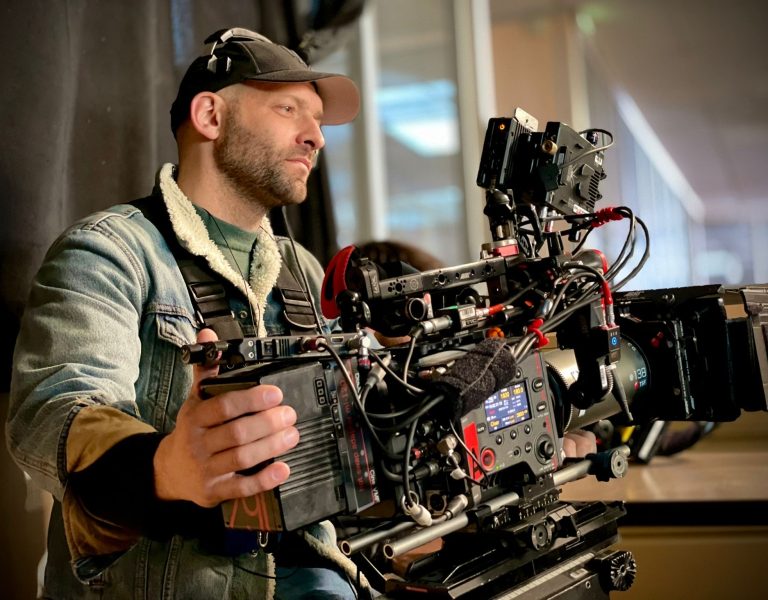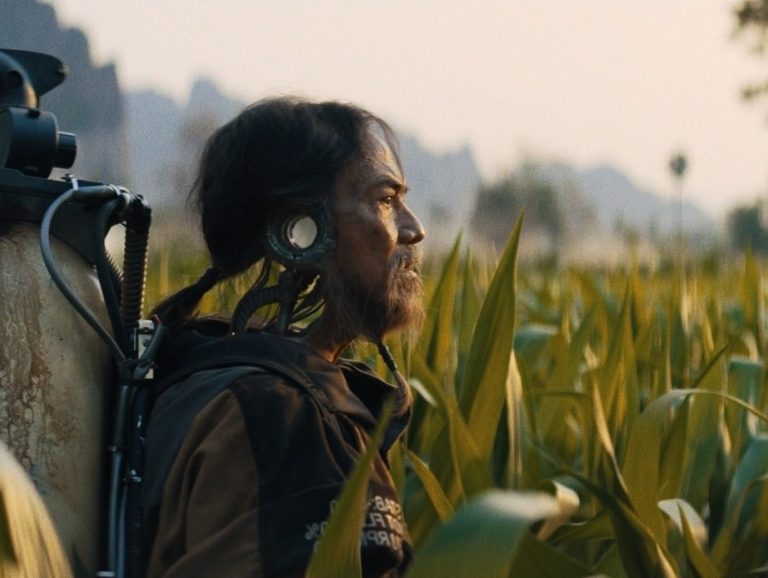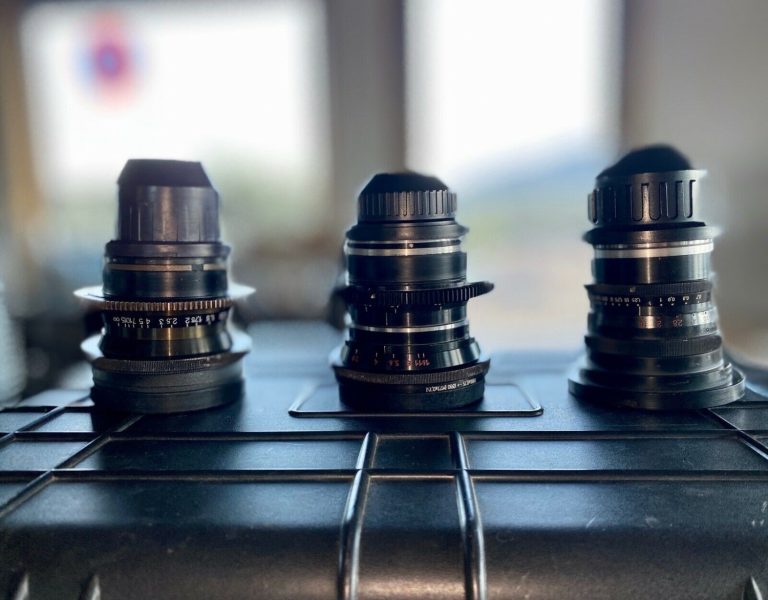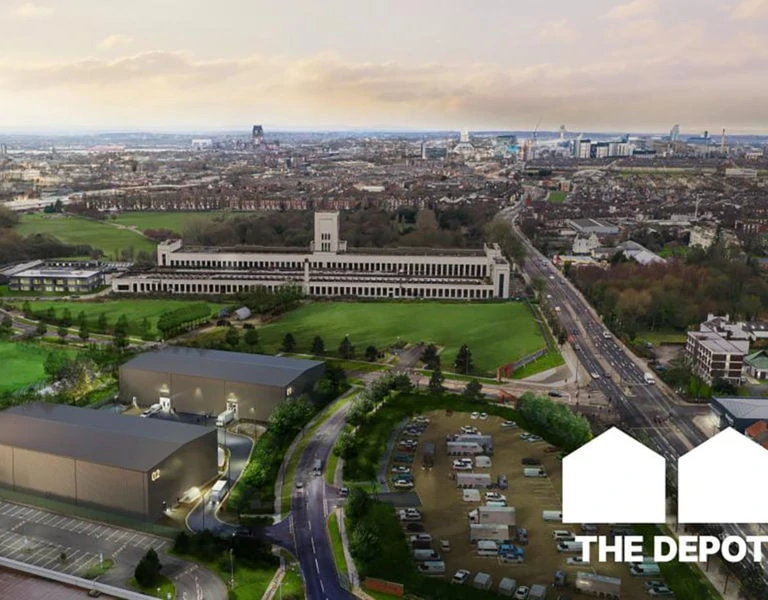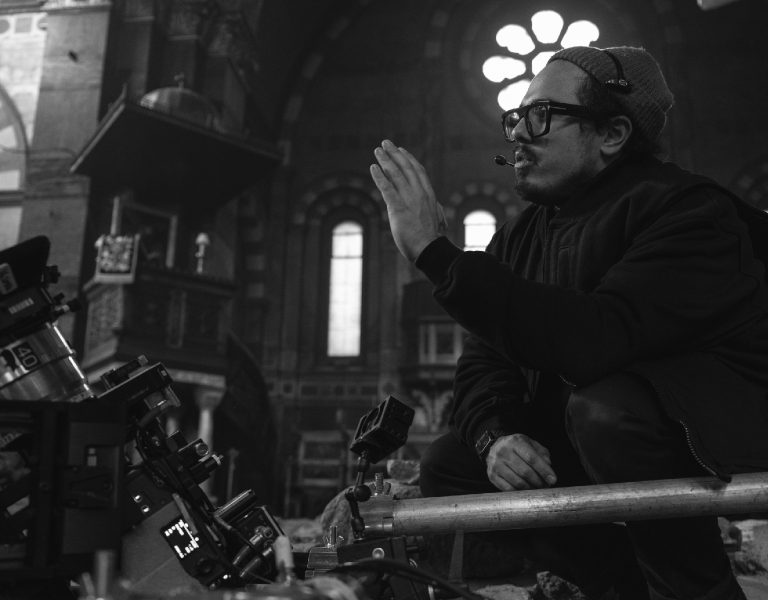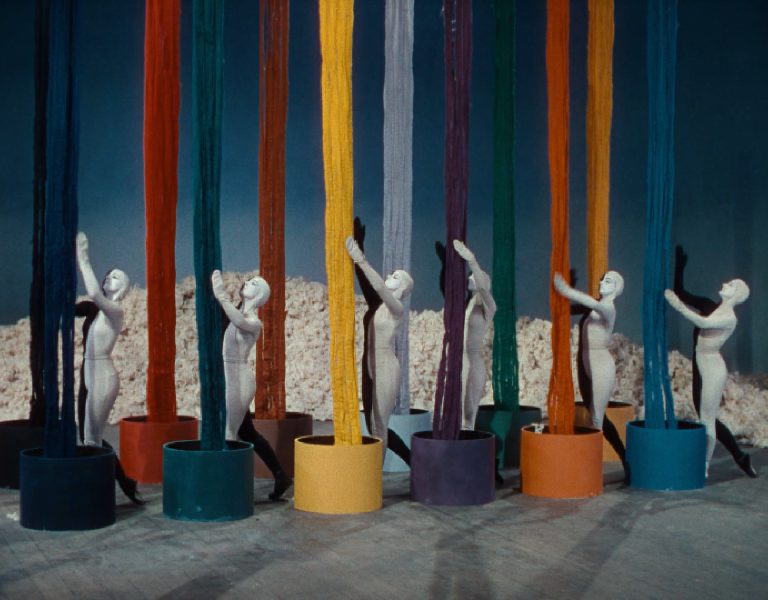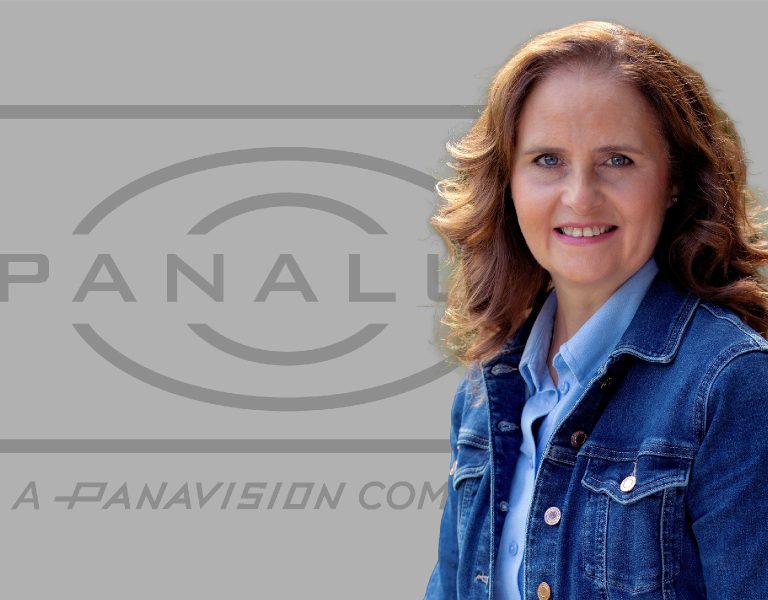Liverpool announces plan to create ‘plug in’ city centre zones for film shoots
Dec 2, 2024
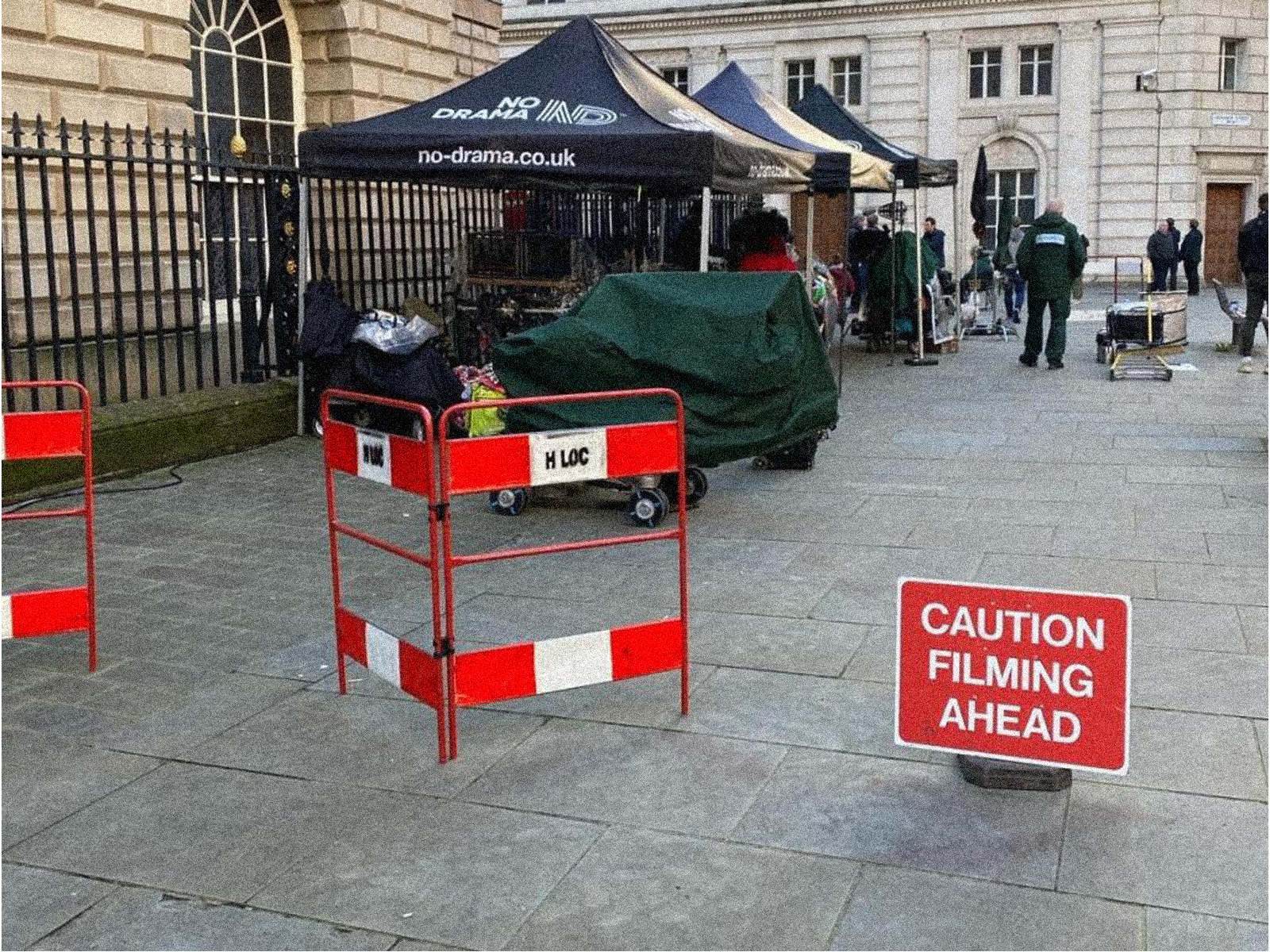
Liverpool has announced plans to pilot a network of ‘plug and play’ facilities across key filming and TV sites in the city centre, which would create an unprecedented clean, creative production zone.
The announcement comes ahead of the official launch of Liverpool as the world’s first UN Accelerator City for Climate Action this Friday (29 November).
Liverpool is the most filmed location outside of London – home to iconic TV series such as Peaky Blinders and The Responder and the host for major films including The Batman and Fantastic Beasts – as well as a leader in major outdoor events. Being able to use mains power rather than high polluting, temporary power on these productions would mark a significant leap forward in the city’s ambition to decarbonise the creative sectors.
Millions of litres of diesel are burned on locations and outdoor events annually – according to industry body BAFTA Albert, 62% of UK film/tv productions used diesel generators for mobile power last year – a high source of greenhouse gas emissions and of air pollution, which negatively effects communities living adjacent to film and event sites. The figure is thought to be even higher for major live music events.
Building on work already trialled on a smaller scale in London, this project sees the city collaborating with Ecotricity X Grid Faeries to explore installation of power pillars for the benefit of people and planet.
The hope is that bands, film crews, event managers & broadcasters will be able to plug directly into the grid removing the need for diesel generators on site.
Leader of Liverpool City Council, Councillor Liam Robinson, said: “This initiative is the first of a number of announcements which are connected to our new status as the world’s first UN Accelerator City.
“We are committed to being bold, ambitious and proactive in tackling climate change issues. While some of these initiatives may take time, they are central to us being presented this award by the UN, and our desire to pilot projects at speed which tackle emissions.
“We have the partners with the skills and experience we need to move this initiative forward and can’t wait to start working on it in the New Year.”
Cllr Harry Doyle, Liverpool City Council Cabinet Member for Health, Wellbeing & Culture, said: “Initiatives such as this show the imagination and ingenuity that our creative sectors will be able to harness. These solutions will help the music, TV and film industries lower their carbon emissions without impacting on the quality or quantity of their fantastic work. These are incredibly important sectors for the City’s economy, so it’s vital we help their transition towards a net zero future.”
Dale Vince, Green Industrialist and Founder of Ecotricity said: “Millions of litres of diesel are burned every year just to power outdoor events in towns and cities across Britain, in low emissions zones in some cases and too often with the grid just spitting distance away. That’s madness in a world teetering on the brink of climate disaster, and something that can easily be changed – we’re pleased to be working with Liverpool City Council to try and change that.
“Grid Faeries’ ‘plug and play’ feeder pillars are being offered to councils up and down the country, with the ambition to squeeze the last drops of fossil fuels from the power sector at live events. Our work with Liverpool aims to try and set the standard for powering outdoor events in the built environment – in a climate responsible fashion.”
Keir Powell-Lewis, BFI Head of Environmental Sustainability, said: “Finding ways for film and television productions to access clean energy and eliminate diesel generators on set is a major priority for the industry. Recommendations from the BFI-funded Screen New Deal Transformation Plan emphasise the need to collaborate to deliver infrastructural solutions at scale. We are excited to be to be working with ITV Studios and Ecotricity to explore how this can be rolled out for productions, music events, festivals, and communities across the UK.”

